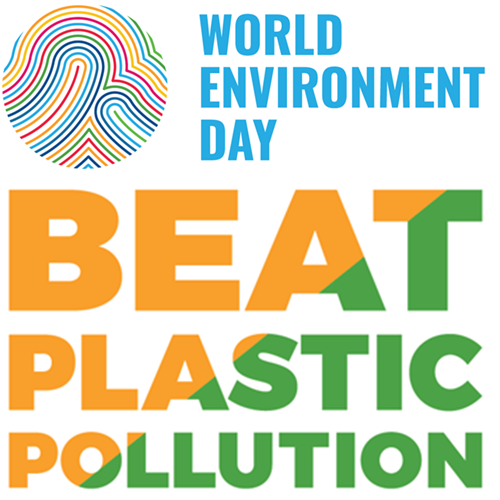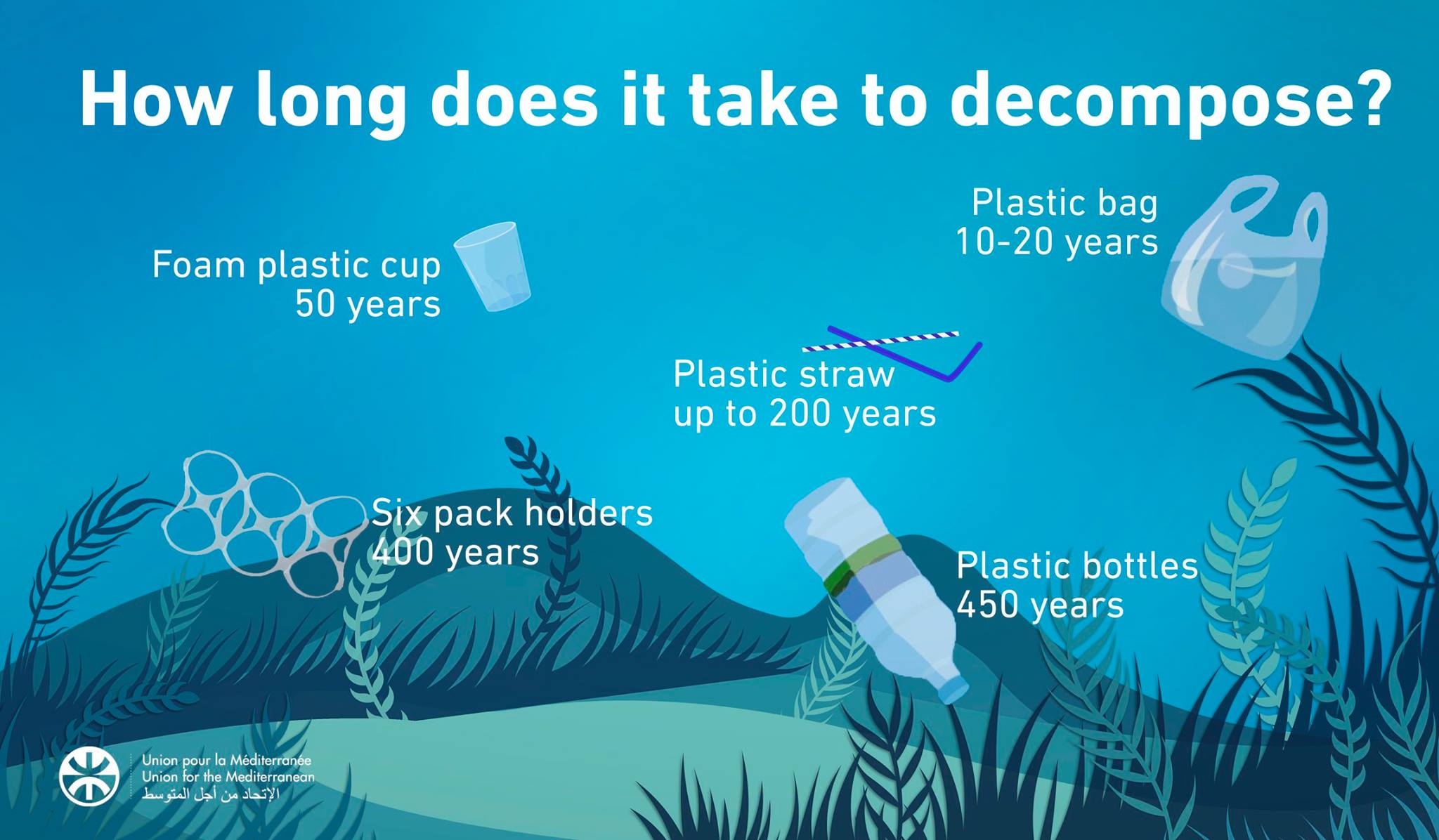Together we can #BeatPlasticPollution

91% of all the plastic ever produced has never been recycled[1]
On the 5th of June 2023, we will celebrate the 50th anniversary of the World Environment Day. #BeatPlasticPollution calls for action. Sustainability is everyone’s business, however often our communication about plastic waste is not inclusive and too many barriers exist for all of us to do more.
When it comes to our own household waste, how many of us understand which plastic item goes into which bin? Personally, I find the instructions about recycling too complicated and the fact that each borough in London has their own recycling arrangements doesn’t help. For instance, tetra paks (often used for juice cartons) are not recycled in Wandsworth, but they are in Greenwich. Most take-away coffee-cups are not recyclable as they typically have a plastic or wax lining to stop them from leaking, which is currently not possible to process in recycling facilities.
In communications, we have a responsibility to be inclusive, jargon-free and passionate. Bin instructions should be fun to read and inspire people to do more. However, the language of recycling is dull, boring and sometimes too academic and complicated. Directions for separating waste should be in plain English to make waste disposing easy-to-use and fool-proof.
I love the recent initiative by Lewisham Council, the ‘Talking my Language’ campaign, which highlights how the language of environmental initiatives doesn’t reflect our diverse community. To build a sustainable dictionary for all its residents the council created a visual board for residents to share their sustainable phrases such as ‘waste not, want not,’ or ‘drogie jest tanie’, which translates into ‘dear is cheap’ in Polish and refers to buying something higher quality that might be more expensive but will last longer and the Mandarin saying “zhuǎn song”, meaning to pass on an unwanted gift to someone else, preventing it from going to waste.
#BeatPlasticPollution
If we want to decrease the amount of plastic pollution entering the natural environment, we need to make recycling part of everyone’s shared culture. After all, we must all do our part in reducing our environmental impact. Communication around plastic waste must reach out to every group, the language needs to connect, inform and inspire. No one should feel that recycling is ‘not for them’ and everyone should be able to easily understand what they need to do to embrace sustainability in their lives. Effective recycling and waste reduction programs require the buy-in from every single member of our community.
I am proud that Ketchum is leading the way in incorporating diversity and inclusion in our everyday language, let’s translate this into all our sustainable activities.

[1] Calculated by Professor Roland Geyer, ‘Production, use, and fate of all plastics ever made’, Science Advances, 3,e1700782(2017).DOI: 10.1126/sciadv.1700782
